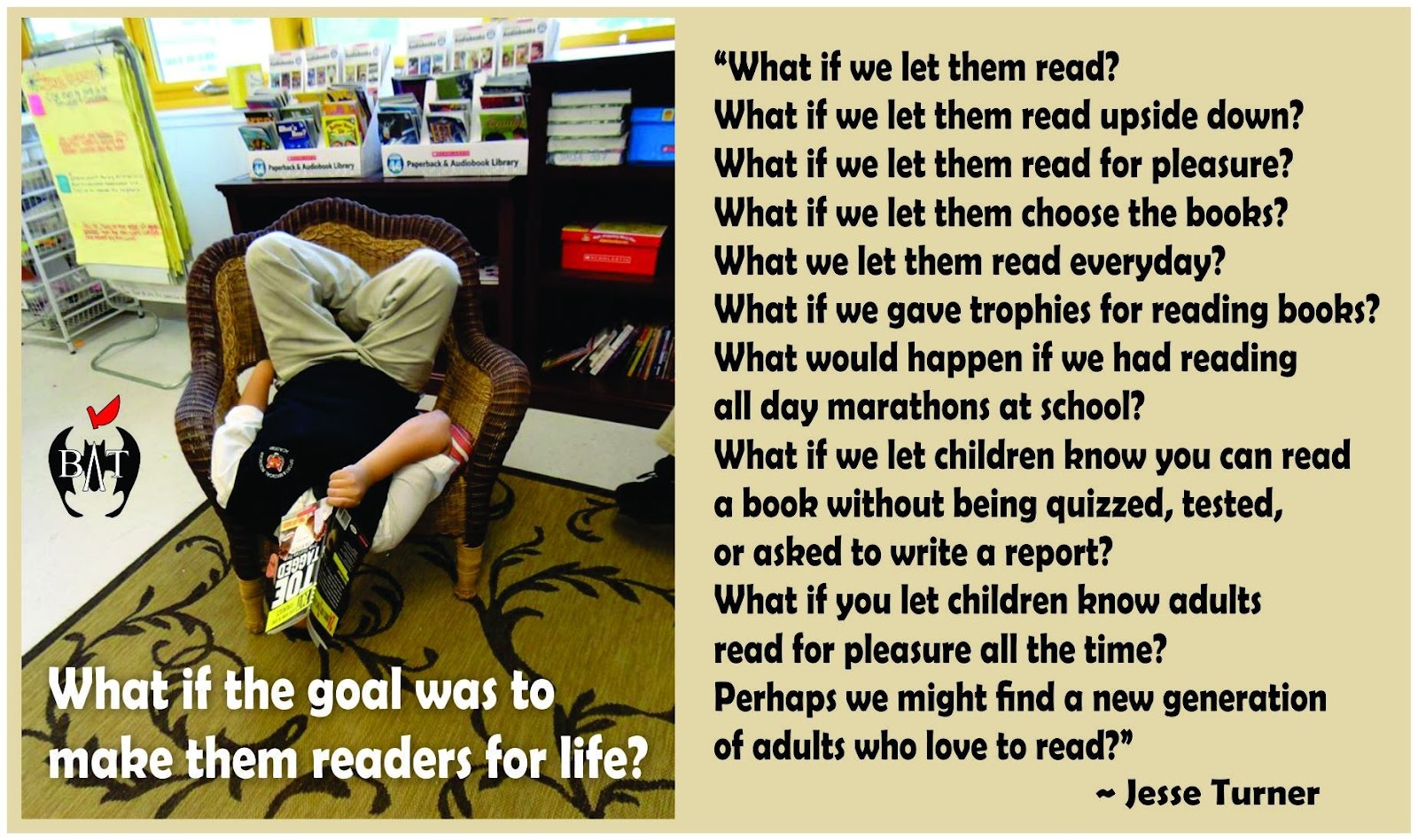A great deal of what happens around teaching children to read in our public schools is based on test scores.
The assessments used are Norm Reference and Criteria Reference Assessments, which in order to be standardized must demonstrate large failures. If they can’t do that, then the assessment becomes invalid. We should not surprise that the conversations always revolve around large academic failures. Norm Reference Assessments must show 50% falling below the mean. Criteria Reference Assessments are Mastery Based requiring 75-80& correct responses. They are created to show large failure, and this is also why there is a never-ending Reading war. Regardless of the reform failure is guaranteed. They are informative, and can help us see how schools are doing nationally, and how they measure up using a performance-based measure. They are however weak measures to judge how individual students are doing in their everyday school performance, and often contradict class grades and student Grade Point Averages. Failed to consider variables, such as poverty, race, linguistic competencies, or emotional or cognitive challenges. Basing education reform policies on this data is an invitation to an endless cycle of aggravated data pitfalls. Most of all they often lead to reforms that fail to engage children in learning to read in joyful and meaningful contexts. The result can be “Aliteracy” readers who can read but are uninterested in reading. > https://ccira.blog/2022/08/09/combatting-aliteracy-mentoring-todays-students-to-become-tomorrows-avid-readers/ <
There are more relevant assessments, diagnostic ones with clear individualized instruction paths. Those rich data informal classroom-based assessments, the ones informing teachers here and now, where their students are. The results of those other high-stakes ones will generally come in during the next school year. They often offer little to no immediate benefit for children.
It is no big secret that focusing on high-stakes assessments increases anxiety and always ends up turning learning to read into a chore. I will suggest focusing policies solely on Norm Reference and Criteria Reference Assessments is a dog chasing their own tail syndrome, that often fails to inspire teachers and a love of reading. They also almost always cut out the voices of those closest to those learning to read, teachers, parents, and students.
If our public schools want to develop generations of readers who love to read, they might consider rethinking our 100-year love affair with standardized testing.
Just Saying,
Dr. Jesse P. Turner
CCSU Literacy Center Director
If you like to listen to the tune that inspired my morning walk it is Three Dog Night's Joy to The world > https://www.youtube.com/watch?v=T7ndl0LAidU <
Show us the joy, Dr. Turner!
If you like to listen to the tune that inspired my morning walk it is Three Dog Night's Joy to The world > https://www.youtube.com/watch?v=T7ndl0LAidU <


My high school English teacher made us appreciate the power and joy of words.
ReplyDeleteThe love of language transcends the limits of reading, and positively impacts the way we speak, write, listen, and think.